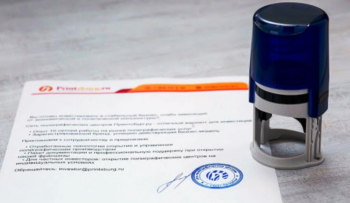Our company offers accounting and customs clearance services, as well as the administrative support your business needs.
Successful international trade activities require reliable customs clearance to ensure smooth trading operations. Our team ensures that all documents are prepared on time and all requirements are met.
We offer a pre-clearance service for customs declarations, which allows you to prepare all necessary documents before shipping goods from your warehouse or upon arrival. This makes the handover to transport quicker and smoother for the client.
Services:
- Preparation and submission of customs declarations: export, import, temporary import/export, special procedures
- Representation of clients in customs authorities
- Export control and confirmation of export
- Accounting support for foreign trade activities
- Preparation of specifications
- Statistical reporting
- Packaging reporting
- Determination of goods’ customs codes
- We strive to offer flexible cooperation terms, competitive prices, and an individual approach to each client.
By working with us, you can be confident that your customs clearance will be done on time, with high responsibility and deep knowledge of the procedures. A customs declaration is an important document submitted to customs authorities and tax authorities to prove the payment or exemption of taxes and customs duties.
Possible discounts for large volumes of services.


